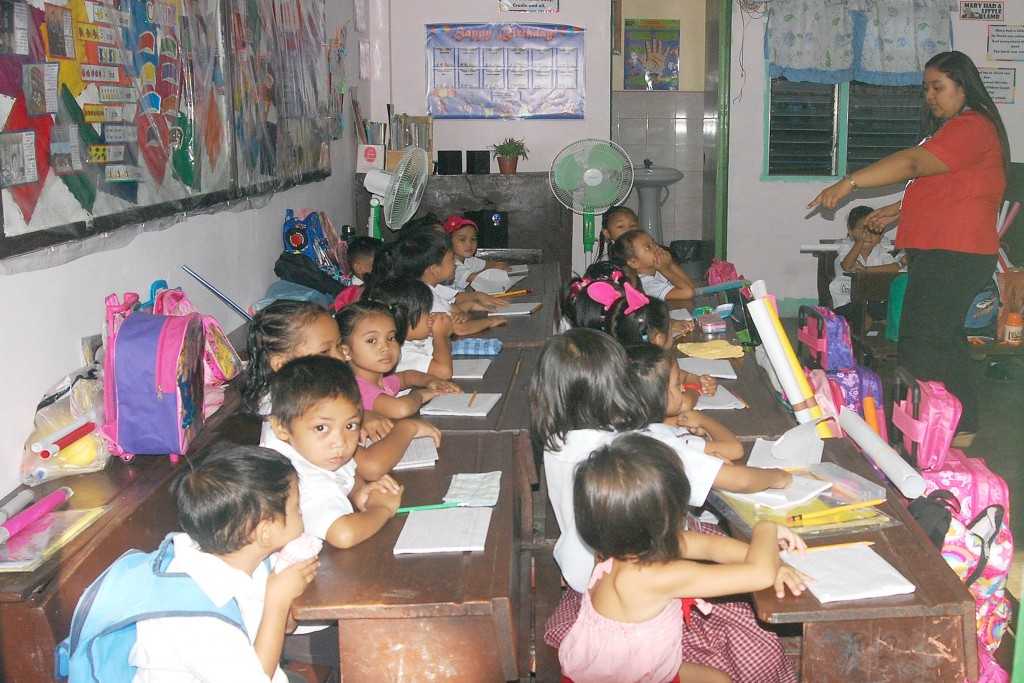Health
DOH deworming activity yields 81% turnout from total target of over 14-M public school children
MANILA – The Department of Health (DOH) said on Monday a total of 11,740,245 public elementary school pupils across the nation have been covered by the DOH’s deworming activity based on the data they gathered together with the Department of Education (DepEd).
The figure comprised 81 percent of the agency’s target for the initiative which total to 14,740,075 school children.
DOH spokesperson Dr. Lyndon Lee-Suy said that the overall result was so far good and had gone up as many parents were enlightened on the essence of deworming which was already conducted in the past years.
The deworming activity, dubbed as “Oplan Good-bye Bulate” which was launched last July 29, aims to promote the regular conduct twice a year of deworming among public elementary school pupils so that they will be protected from intestinal worms, Dr. Lee-Suy said.
During the launching of the program, the DOH, together with the DepEd, announced the institutionalization of the said activity by conducting it every January and July of each year. This aims to eliminate the parasitic intestinal worms that feed on the food and nutrients in the students’ stomach.
The DOH is advocating for twice-a-year deworming to ensure that the worms will not thrive again in the bodies of the students. This will help in the holistic growth of children in order to keep them healthy.
According to the DOH, the presence of the parasitic worms reduces children’s interest in their studies by making them inactive in their performance in school and causing delay in their growth and development.
Other effects of having intestinal worms include lack of appetite and malnutrition.
The deworming procedure involves the administration of a chewable orange tablet by teachers together with a trained health worker.
The activity was slightly affected by issues which stemmed from a news report implying that the deworming tablets were expired and could lead to death as there were some reports where some children had been brought to hospitals due to vomiting.
The DOH countered the accusation through constantly explaining that the deworming chewable tablets are safe and compliant with the World Health Organization (WHO) standards.
It also clarified that the tablets are not expired and only meant to attack the intestinal worms. Also, there is no incident of deaths related to its conduct.
The agency further intensified its campaign by giving out some safety precaution tips or points to remember before administering the deworming tablets such as ensuring that the children have taken a meal first and other related reminders.
Other information explained are the usual side-effects that may be felt which are all temporary as the drug works in targeting the worms only.
With massive information and explanation extended by DOH, parents have been enlightened about the good intention and beneficial effects of the program which prompted them to allow their children to be dewormed.
Among the regions where there was a high output of dewormed children were the Cordillera Administrative Region (CAR) with 95.50 percent; CARAGA (93.69 percent) and Region 8 (92.92 percent).
The region with the lowest output was the Autonomous Region in Muslim Mindanao (ARMM) with 45.86 percent.






















